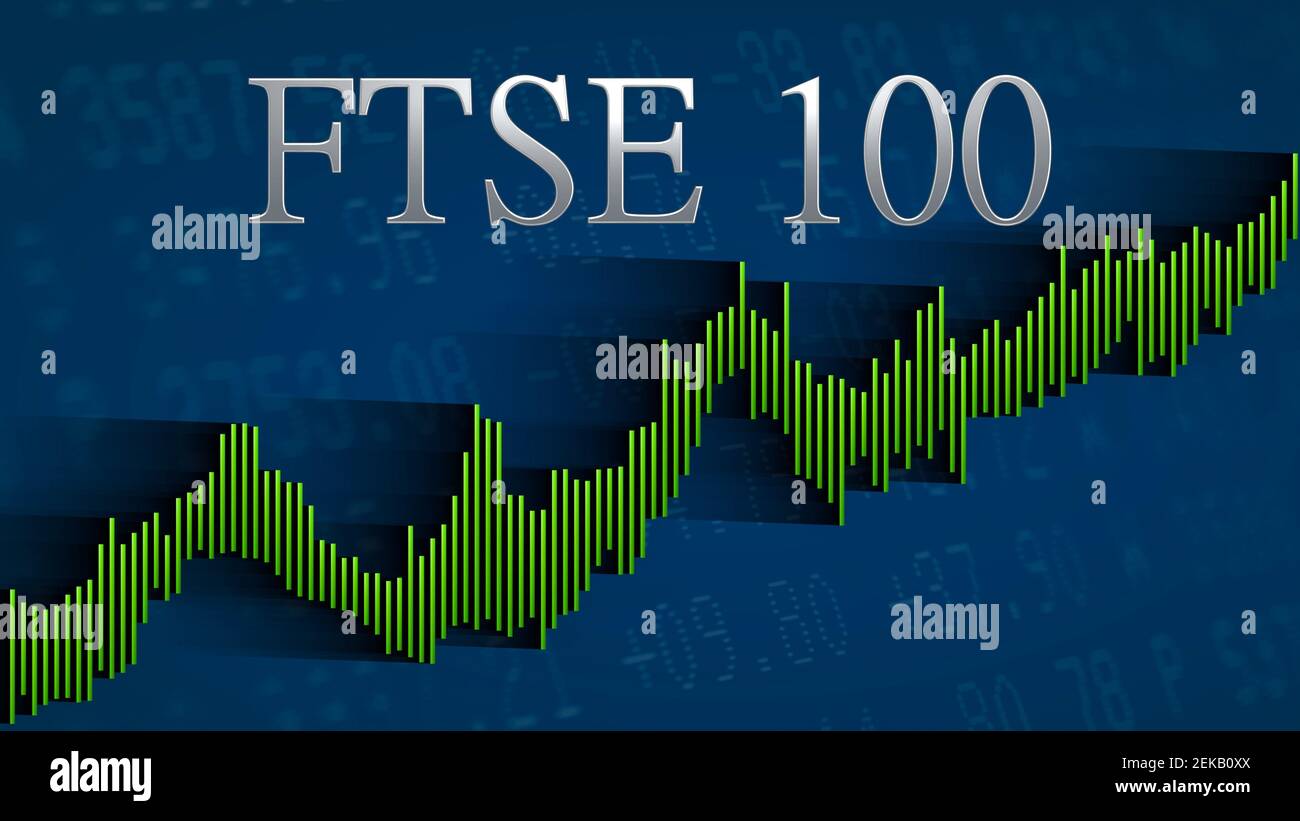
Donald Trump’s summit with leaders of mineral-rich African nations this week marks a dramatic escalation in the global race for rare and critical minerals — a shift that carries major consequences for investors, according to the CEO of global financial advisory giant deVere Group.
The US president’s move to recast relations as “aid to trade” highlights a scramble to secure access to the metals powering everything from semiconductors and smartphones to clean energy and advanced defence systems.
With the presidents of Senegal, Gabon, Liberia, Mauritania and Guinea-Bissau at the table, Africa’s resource base is now firmly in the crosshairs of geopolitical competition.
“This is a turning point in the global race for critical materials,” says Nigel Green, CEO of deVere Group. “Economic power is being redrawn around access to them. It’s happening fast and investors should act fast too.”
Several of the visiting nations control untapped reserves of manganese, iron ore and other vital resources. Gabon, for example, is the world’s second-largest producer of manganese, a key input in battery and steel production.
At the same time, China is stepping up its lead, lifting tariffs on African imports and accelerating its investment footprint across the continent.
“Trump’s direct involvement shows Washington now sees this as a strategic vulnerability,” explains the deVere CEO.
“This is a wake-up call for global investors. The opportunity lies in identifying and backing entities involved in every link of the rare minerals chain — from mining and refining to transport and security.”
Demand is surging. The International Energy Agency predicts that demand for rare earths, lithium, and cobalt will skyrocket by up to 700% by 2040.
Supply, however, is fragile. China currently dominates both production and processing — leaving Western economies exposed.
“We’re seeing the early stages of a global power shift,” says Nigel Green.
“Whoever controls the minerals controls the tech. That means control over AI, EVs, clean energy, and digital infrastructure. This is not a future risk — it’s unfolding now.”
But investor strategy must evolve. African leaders made it clear that they want to develop domestic industries — not just export raw materials.
“This is no longer about extraction alone,” says the deVere chief executive. “It’s about integrated solutions. Investors will need to support projects that include local processing, value creation, and long-term partnerships. That’s where the real upside will be.”
While the summit opens the door to new deals, it also exposes Washington’s mixed approach. Trump’s sharp cutbacks to traditional development funding have raised concerns, even as his administration leans on transactional diplomacy — including arms sales — to secure alliances.
“There’s a real risk of overpromising and underdelivering,” warns Nigel Green. “If the US can’t build trust and longevity into these relationships, others — particularly China — will take the lead.”
“The rare minerals arm race is real, it’s intensifying, and it will reshape global investment flows.
“Markets are shifting in response to hard realities,” concludes Nigel Green.













